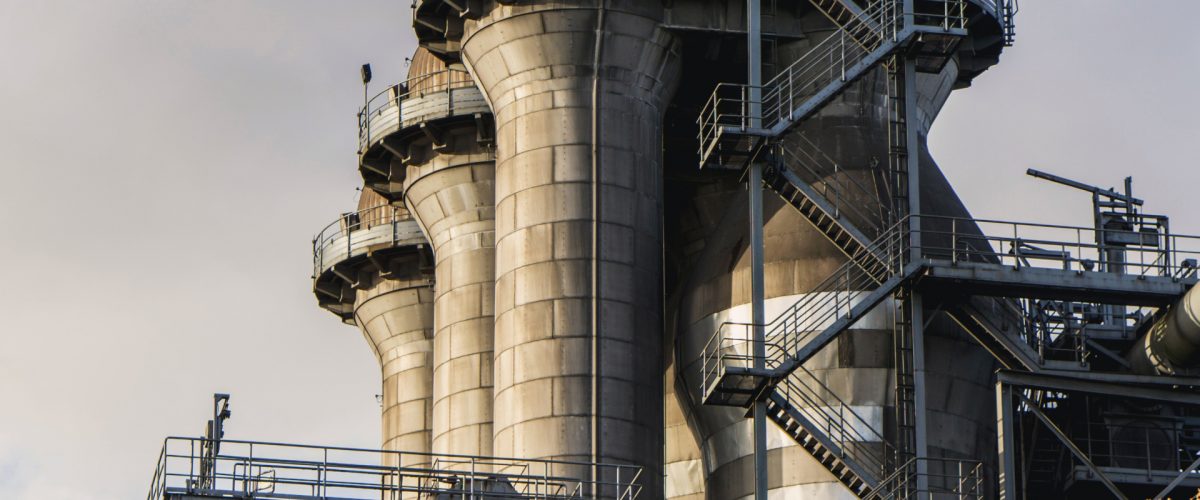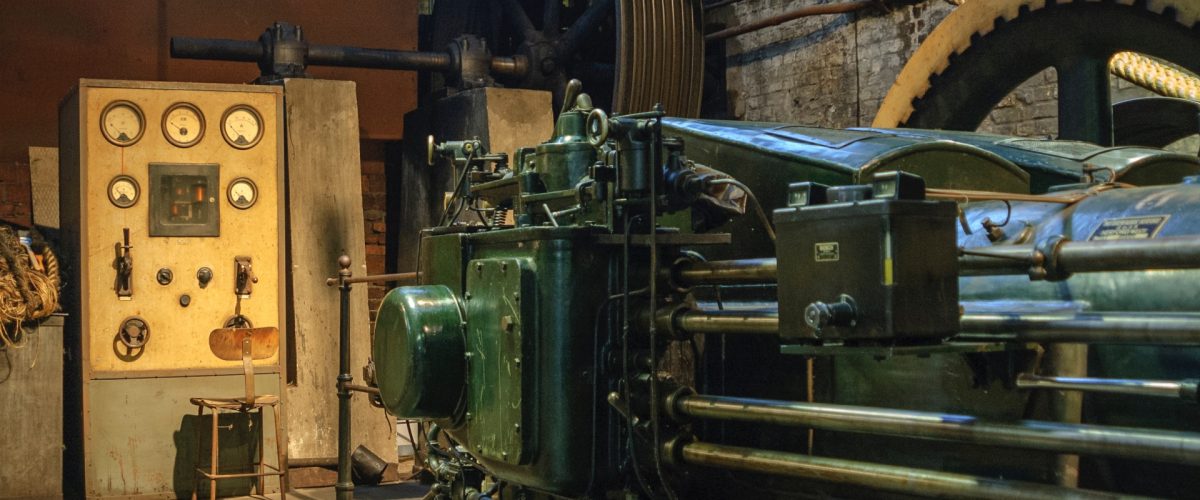
According to the International Labour Organization’s 2020 figures, every year, more than 2.78 million people die because of occupational accidents or work-related diseases, while there are some 374 million non-fatal work-related injuries. Despite the robust controls and precautions that companies in the energy industry have in place to prevent incidents, many activities in this industry are hazardous and companies must ensure their preparations for incidents resulting in serious injury are thorough and properly resourced.
IOGP and Ipieca have published IOGP-Ipieca Report 654 –Medical emergency response and primary healthcare guideline to help organizations design and implement solutions for primary healthcare and Medical Emergency Response (MER) in the energy sector. Its recommendations are aligned with the guidance in the IOGP-Ipieca Report 343 – Health management in the oil and gas industry.
Aimed at business leaders, HSE professionals, and health practitioners, Report 654 outlines the business case for outcome-focused and cost-effective Medical Emergency Response (MER) and Primary Healthcare. Specific oil and gas-related risks and strategies are addressed alongside more broadly applicable guidance. It also identifies strategies for engaging external organizations that can support an organization’s management and operational personnel for delivering MER.
In addition to primary healthcare delivery, the report assesses the need for medical services in terms of scope, staffing, and equipment; suggests ways to optimize opportunities to deliver primary healthcare services to complement the emergency response capabilities; and provides checklists, draft MERPs, clinic layouts, drill schedules, and other supplemental materials in the appendixes. Companies can use these as a basis to adept to their site-specific needs based on the methods described in this document.




